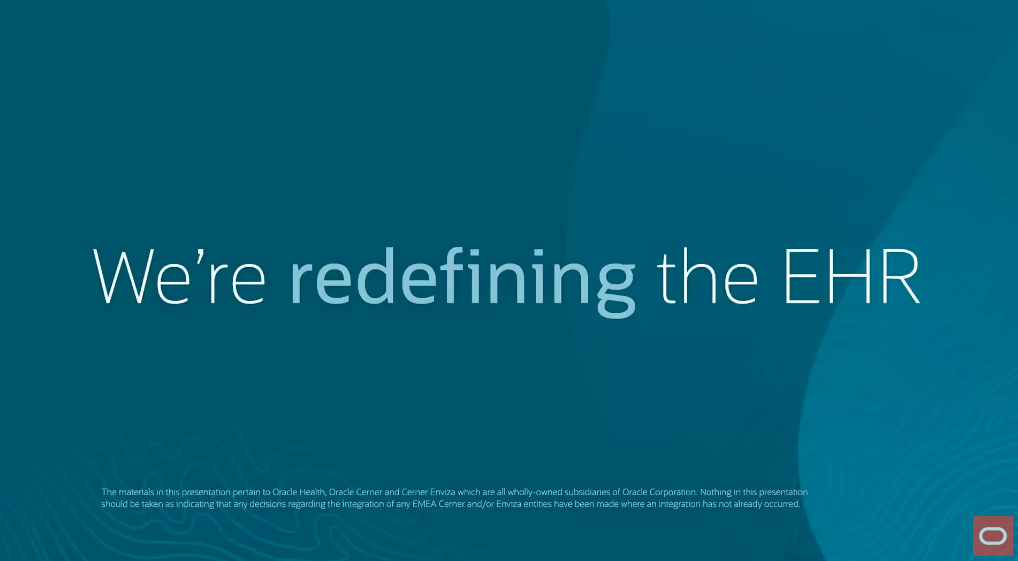
Oracle, an IT company, has been making recent waves within the healthcare space. In late 2021, Oracle announced its plans to acquire Cerner, a digital information systems provider whose software hospitals use. The deal concluded a year later, in 2022, which saw Oracle take a share of the healthcare market in the Electronic Health Record space. This is because of Cerner’s already established presence.
The US has had a strong focus on healthcare services. The HITECH Act introduced an important piece of healthcare legislation in 2009. With this act, the US looked to spend around $25 billion to expand the adoption of health information technologies (HIT). One of the main areas of this act was the promotion of EHRs. It introduced incentives for adoption – specifically “meaningful use” of the technology. With this move, the shift of HIT – and subsequently healthcare – looked at improving both patient and provider experience. Initially, they did not introduce any penalties, but since 2015, they have been imposing penalties if they show no meaningful use. Keeping this in mind, Oracle positions itself well to use its strong technology services through its cloud in the healthcare domain. It can do this by optimising previous areas of healthcare with its existing technologies or by creating new and better ones.
A few years on, we now see Oracle making larger steps into this space. Earlier this year, a collaboration began between Deloitte and Oracle – “Deloitte Health – Oracle Accelerated”. Deloitte aims to enhance healthcare delivery systems and continue their work in the healthcare field as part of the Oracle Partner Network.
Oracle showcased their most recent move at their Oracle Health Conference. They announced the further integration and optimisation of their cloud services into the EHR space by leveraging generative AI. This looks to improve patient experience and decrease the administrative burden on the providers. They specifically spoke about how this should rather add value to services while “eliminating redundant processes“. The Clinical Digital Assistant is going to do exactly that. Being multimodal in its design, it’s able to read notes, take voice commands from providers and is context-aware. It provides the patients with crucial reminders of their appointments and can answer questions about their treatment regimes.
The outcome of this assistant also looks at personalising the care pathway and experience. This is an understated area of healthcare as it purely looked at the standard model of treating the problem. Providing information to the patient, and guiding them through what could be a difficult journey, ensures a higher efficiency in value creation. Wide adoption of the tools has been prioritised as Oracle ensured that the services could be added on in a modular fashion without having to implement large system changes. It is expected that these tools roll out over the next few months.
Cover image taken from the Oracle Health Conference Keynote. Watch it here
Reference url





